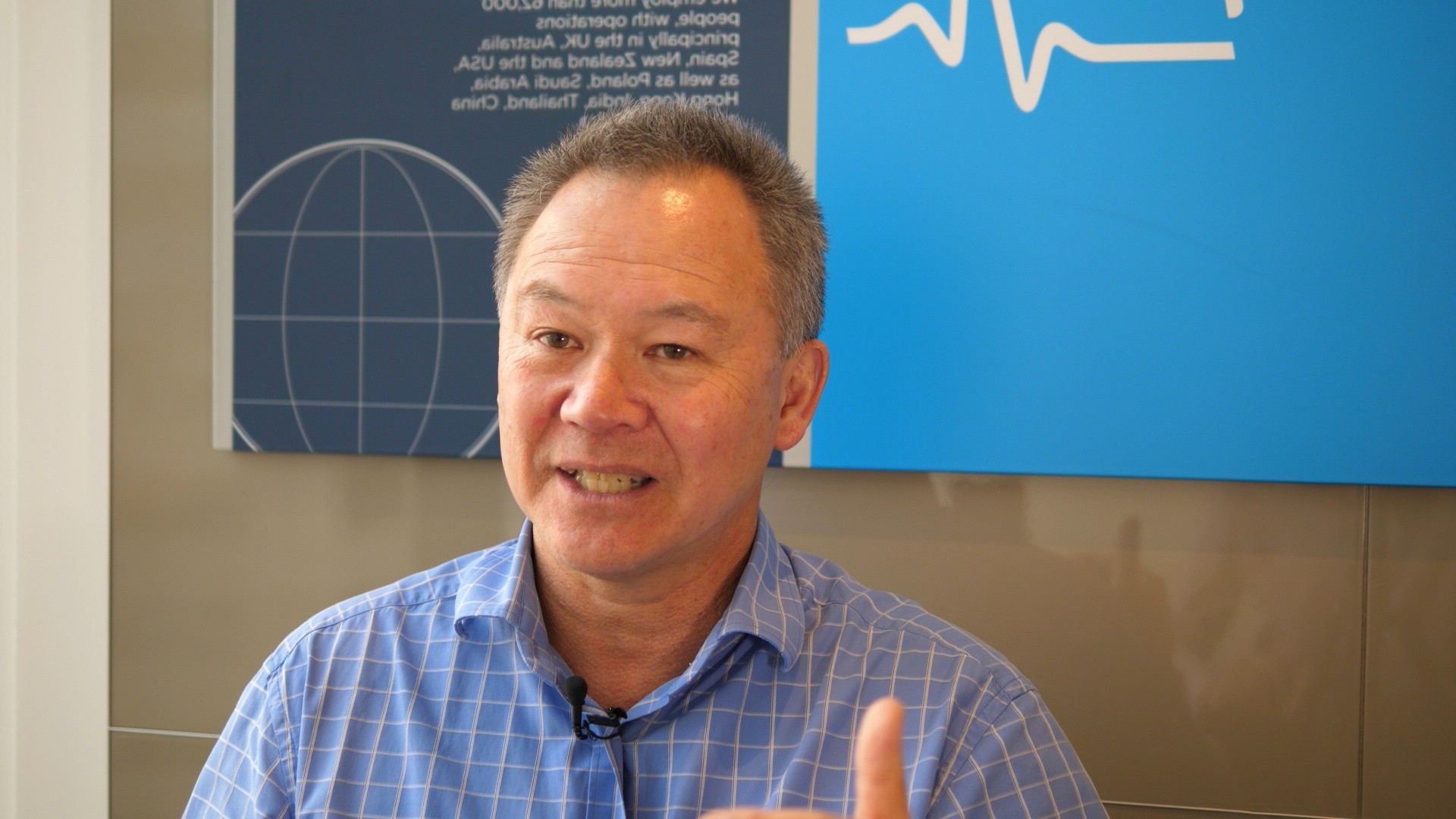The hidden costs of medical devices – and why you end up paying the bill
The ABC’s 7:30 has revealed secret payments made by medical device companies to private hospitals, which may contribute to increasing private health insurance premiums.
The investigation revealed in cardiac cases where a patient requires a pacemaker, doctors recommend a pacemaker, the private hospital purchases the device, then invoices a health insurer who pays the full cost of the device to the hospital.
It is alleged that the device manufacturer then pays a rebate to the hospital.
Some doctors have expressed concern this rebate may influence clinical decisions or drive costs at a time where affordability and transparency of costs in healthcare are a priority.
Dr Dwayne Crombie, Managing Director of Bupa Health Insurance, said more needs to be done to improve transparency of costs in healthcare given that consumers are the ones who ultimately end up paying.
“Everyone needs to remember it’s the poor, long-suffering customer who pays for this,” Dr Crombie said.

As a health insurer, my role is to be an advocate for our customers. While it may be me as a health insurer who pays the individual bill for a pacemaker, everyone pays for it through the costs of their premiums.
“I don’t think it’s unreasonable to balance the very real need of health insurance customers who are screaming for affordability with the profitability of medical technology companies,” Dr Crombie said.
Despite changes made to the Prostheses List last year by the Federal Government to reduce costs, Dr Crombie said more needs to be done to address rising costs.
“As the largest health insurer in Australia I can say that despite the changes made to the Prostheses List last year we are significantly over budget. We have seen real savings from the reforms, however coincidentally we have seen increased utilisation so it does raise questions.
“It would seem the medical device industry has found ways to fight back and reclassify products.
“I would suggest that there could be more commerciality of things on the schedule. If you compare the price we pay for devices in Australia compared to other countries, we are a bit out of synch.
“The current schedule system inhibits effective price competition by suppliers where the schedule price for a prosthesis or medical device is significantly above the actual commercial market price. A main cause of this is that medical technology companies share the windfall profit with hospitals through this system of rebates (or kickbacks).
“A medical technology company that tried to charge less than the schedule price - which would benefit the paying patient - effectively wouldn’t have a windfall profit with which to incentivise the private hospital and so would find it hard to win any competitive business.
“There also needs to be a more dynamic process for how the schedule price and the list is set. This is not just about getting stuff on to the list, but also getting things off that are no longer the most efficient or effective way of care,” Dr Crombie said.
Read more about healthcare affordability



